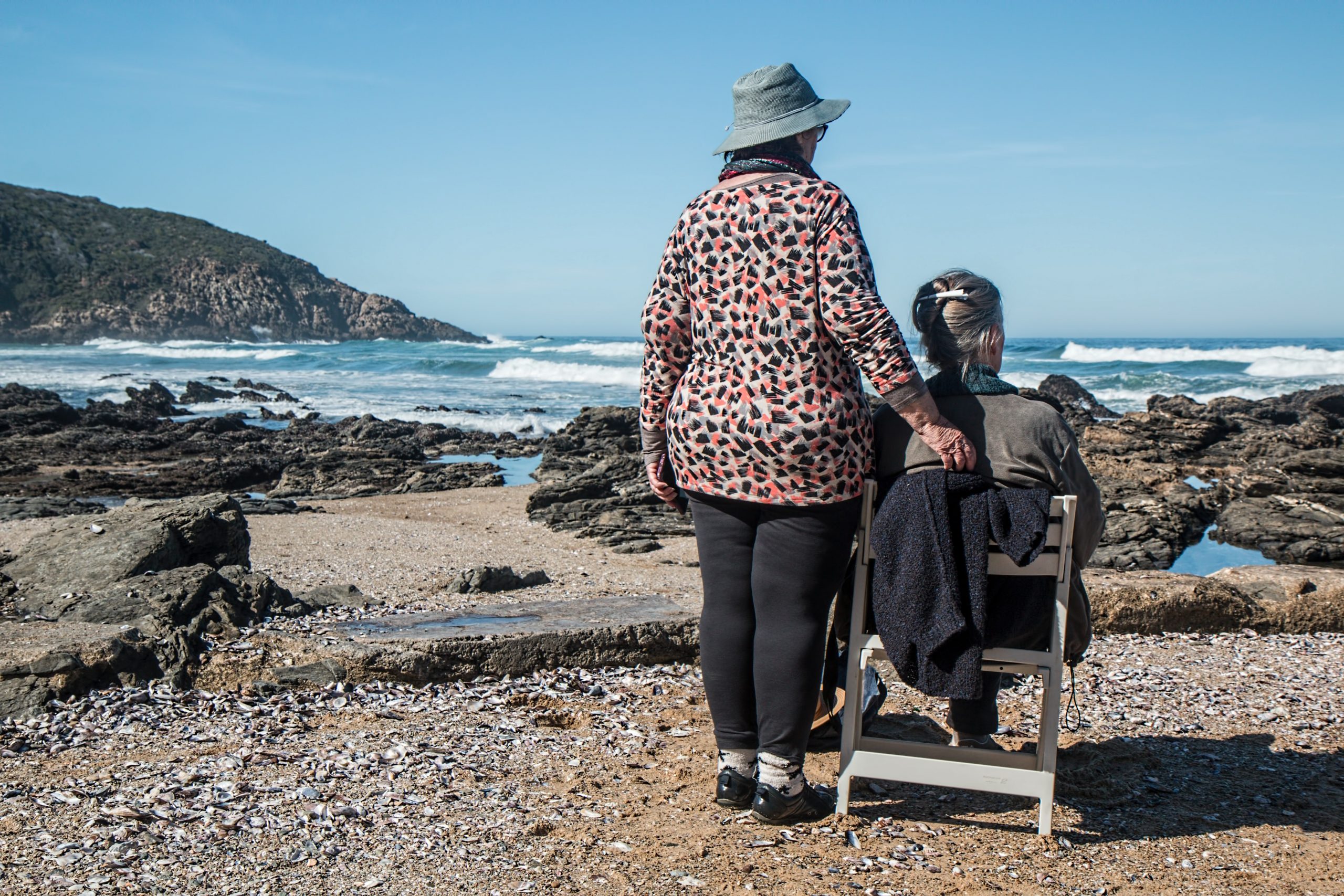Photo by Magda Ehlers from Pexels
We all want the very best for our parents, and as they grow older, many of us will want to care for them as best as we can. As your parent’s age, they will likely begin to face more age-related conditions such as decreased mobility, dementia, and Parkinson’s.
Thankfully, the onset of these conditions is often slow, which allows many children to look after their parents for many years; however, there will eventually come a time when the care they require is simply too much to manage, and they will need professional care.
Deciding what to do when you can no longer care for an elderly parent is one of the most difficult decisions children face. It can be an incredibly emotional time, and you might feel like you are abandoning them or do not care, but this is not the case. Finding the right level of care for them will help them to be more comfortable and dignified in their twilight years.
How to determine when it is time to seek help
Understanding when you can no longer care for an elderly parent can be difficult. It is in our nature to care for our parents, which can make spotting the signs that they might require more professional care harder to recognize.
Some of the most common signs include:
- A deterioration in their illness
- Decline in their mobility
- Concern about their safety when you are not around
However, it is not always a decline in their health which might mean you can no longer care for an elderly parent. Sometimes, a change in your circumstances, such as your work schedule or child care, might mean that you need to seek professional support.

Photo by James Hose Jr on Unsplash
What to do when you can no longer care for an elderly parent
If you have begun to notice the signs that your parent might need more support than you can provide, then there are many options available to you. Each of these will depend on the level of care and support that your loved ones will require, but typically these will include:
Long-term senior care/Assisted living facility
If your parent is in need of specialized 24-hour care, then a long-term senior care or an Assisted Living Facility is often the best solution. These facilities will provide your parents with the support that they require, ensuring they will always be able to access professional care when they need it, giving you complete peace of mind.
This level of care will also arrange an array of social activities for your parents, giving them a chance to make friends and socialize in a community setting.
In-home caretaker
Some elderly people will want to remain in an environment that is familiar to them, and if they still have a level of independence, then an in-home caretaker is another popular option. This type of care will ensure that your parents get the professional care that they require, while being able to stay in their home.
Home care also ensures your family can continue to support and visit your parents but takes away that stress and worry that comes from having to look after all of their needs yourself. Deciding what to do when you can no longer care for an elderly parent is tough, and while you might want to look after them yourself, an in-home caretaker will ensure they are getting all of the support they need when they need it the most.
Support from other family members
If your parents are still active and independent, but your circumstances have changed to the point that you cannot be there as often as needed, then another option is to seek support from other family members. This choice will help them stay in their home and close to loved ones while also ensuring they do not have to utilize their savings to cover care costs just yet.

Photo from Pexels
Not sure what to do when you can no longer care for an elderly parent?
Are you beginning to feel that your parents have aged beyond the level of care that you can provide? Making the decision to seek professional help for your loved ones is a very difficult task, but it can help them to enjoy a greater standard of living and remove that stress and worry from your shoulders.
Here at Suncrest Senior Living, we understand how challenging this time can be, which is why our dedicated team of senior care professionals are here to help you discuss your options and find the best solution for your parents. Want to find out more? Get in touch today.
To get in touch with Suncrest Senior Living please complete the form below:
CONTACT A SUNCREST SENIOR CARE SPECIALIST
PHONE: (248) 207-5378


